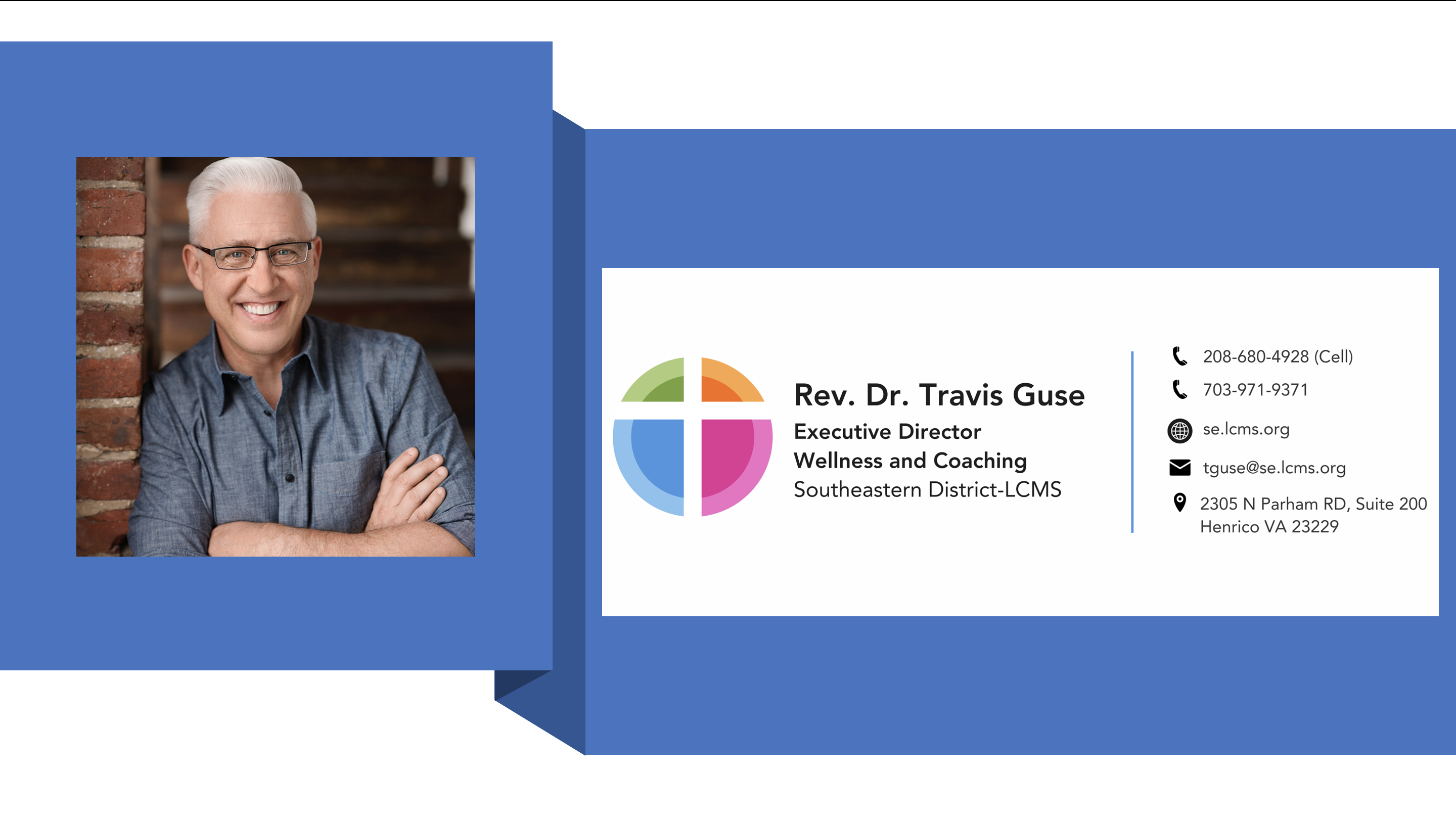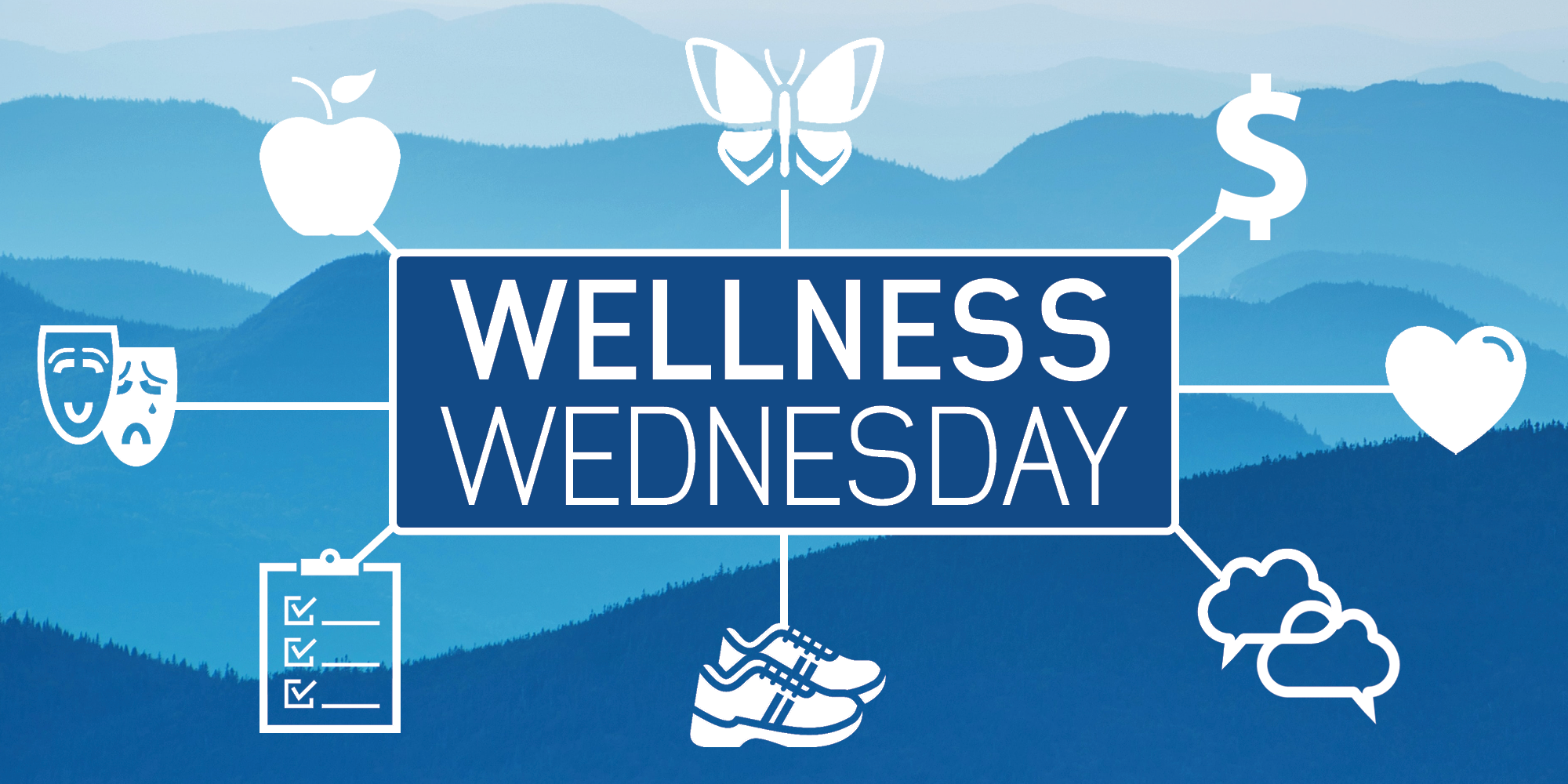Wellness Wednesday – “The Health Benefits Of Positive Relationships”
As we continue exploring the PERMA-V (PERMA+) model of well-being, for this Wellness Wednesday, we examine the importance of “R,” which represents “Positive Relationships.” God created us in the beginning to be relational beings, living interdependent lives with others. Through our various callings in life, we are not only called to love and serve others, but reciprocally, we benefit from these relationships by being supported, loved, and valued by others. Being made in the image of God, this relational reality of our lives reflects the relational nature of our Triune God – Father, Son, & Holy Spirit.
Relationships are essential at all stages of life, but even more so as we age. Many who retire significantly underestimate the loss of relational connections they had during their working years. And the importance of relational health is especially vital for men, with 15% reporting they have no close friends, a five-fold increase since 1990. Spiritually, the worst place we can be is alone and isolated, for we have an enemy in the devil who prowls around like a roaring lion, looking for someone to devour. (1 Peter 5:8)
So, why are positive relationships so vital for our wellness and well-being? Here are a few health benefits that relationships provide:
- Lower rates of anxiety, depression, and suicide – we do not thrive in life when we are isolated and alone.
- Lower risk of dementia and mental decline.
- Higher levels of self-esteem.
- Better quality of life and more life satisfaction.
- Greater empathy for others.
- Strengthened immune system.
- Lower blood pressure.
- Decrease in cortisol (a stress hormone).
- Live longer – A BYU study (the only time I will ever quote a BYU study) demonstrated that those with strong relationships had a 50% better chance of being alive after 7.5 years.
The evidence is clear – relationships are crucial for our overall health and wellness. What kind of relationships do we need? Here are a few types of positive relationships to consider nurturing in your life:
- Intimate connections– with people who love and care for you, such as family and friends
- Relational connections– with people whom you see regularly and share an interest with, such as workmates or those who serve your morning coffee
- Collective connections– with people who share a group membership or an affiliation with you, such as people who share your faith and interests.
Here are just a few ideas for those of you seeking to nurture more positive relationships in your life:
- Join a class or group that interests you.
- Ask questions of the people you don’t know well to learn more about them.
- Nurture friendships with people you are acquainted with in your various callings in life.
- Get in touch with people you have not spoken to or connected with in a while.
- Perform random acts of kindness for your loved ones and strangers.
In conclusion, it is easy to get so busy in life that we neglect to nurture our relationships with others. Relationships take intentionality, which means that we need to make space in our busy schedules for others. And for us in ministry, it is so easy for us to fall into the trap of being so focused on loving and serving others that we forget our own need for others to pour into our lives for the sake of our own health and well-being. Take some time to take a relational audit of your life, and may we all take to heart these words of encouragement from Hebrews 10:24-25, “And let us consider how we may spur one another on toward love and good deeds, not giving up meeting together, as some are in the habit of doing, but encouraging one another—and all the more as you see the Day approaching.”

